Some of the responses I’ve got from well-intentioned adults on letting our little one feed herself:
“Babies make a mess out of it!”
“Clean up is difficult!”
“She would choke!”
“She’ll not get enough calories if you let her eat!”
“It’s time consuming!”
Yes, I agree it can be messy, it takes time. But those are all short lived and it’s amazing to see how capable these little beings are when we give them the time and opportunity.
As prepared adults, here’s why we encourage our little one to self-feed when she was ready.
1. Independence
A child’s journey towards being independent begins at birth. Self-feeding takes one step closer towards becoming functionally independent with an important life skill. The role of the prepared adult is to provide opportunities for independent eating by following the child’s needs.
2. Help me do it myself
Babies and toddlers alike have the innate need to do things by themselves which includes feeding. Self-feeding is motivating to young children and helps build their confidence. The role of the prepared adult is to observe baby’s cues for “I want to eat by myself!” and support them when they’re ready.
3. Sensorial exploration
Self-feeding offers powerful tactile sensorial experience to safely explore textures, colors, smells, tastes and temperatures. Baby learns about cause and effect by exploring and dropping food too. The role of prepared adult is to provide a variety of food, of different shapes, sizes, colors, texture for a rich learning experience.
4. Motor skills
Self-feeding provides opportunities to develop fine motor skills in a safe and meaningful way. It allows the child to develop a range of movements with hands and fingers not limited to touching, grasping, squishing, squeezing, scooping, smearing. As a prepared adult, we need to be patient, because what looks simple to us requires multiple steps for baby to accomplish.
5. Body awareness
Discovery of mouth and hand-mouth coordination are huge developmental milestones for the baby. Through self-feeding, baby learns to become aware of their body’s hunger cues in a natural way – know when they are feeling full, when they are hungry, how much to bite, how long to chew. The role of the prepared adult is to respect the child and provide a positive experience with eating.
Check out my post on Instagram
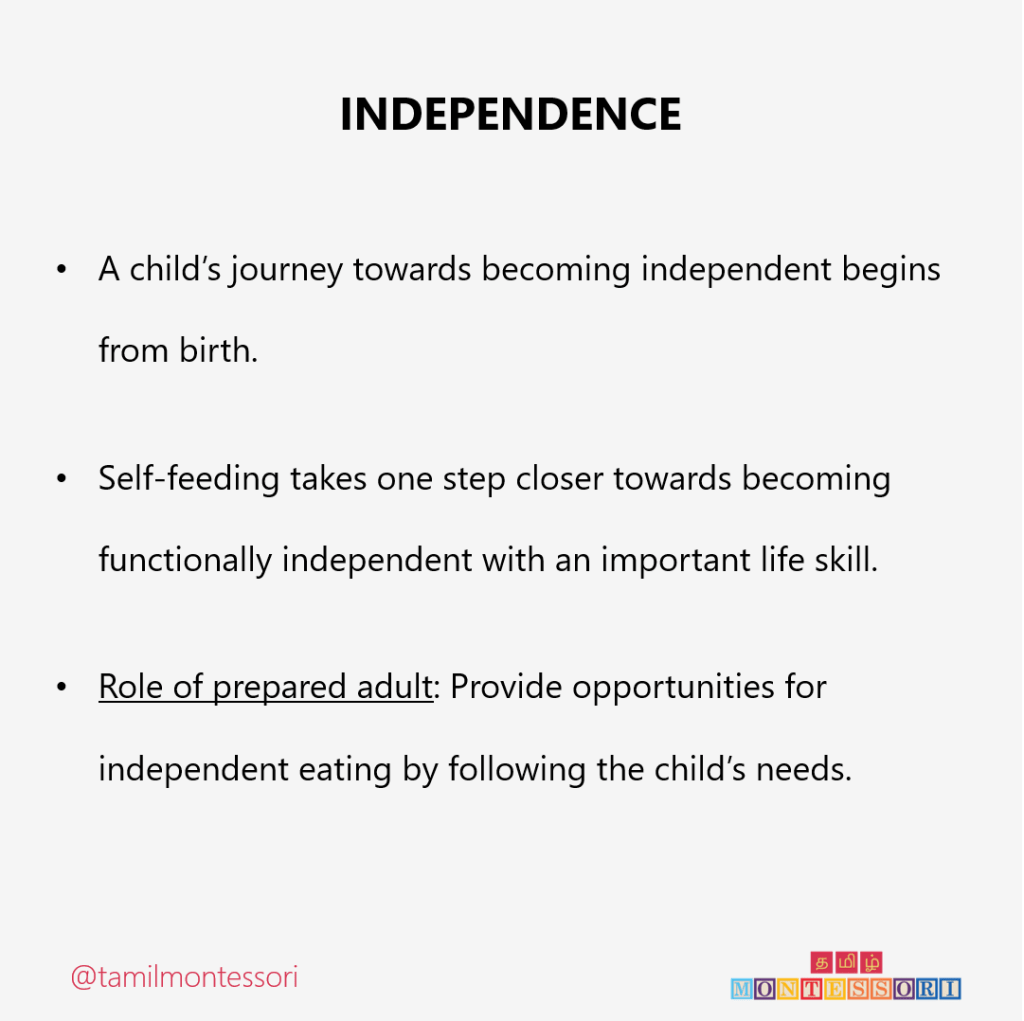

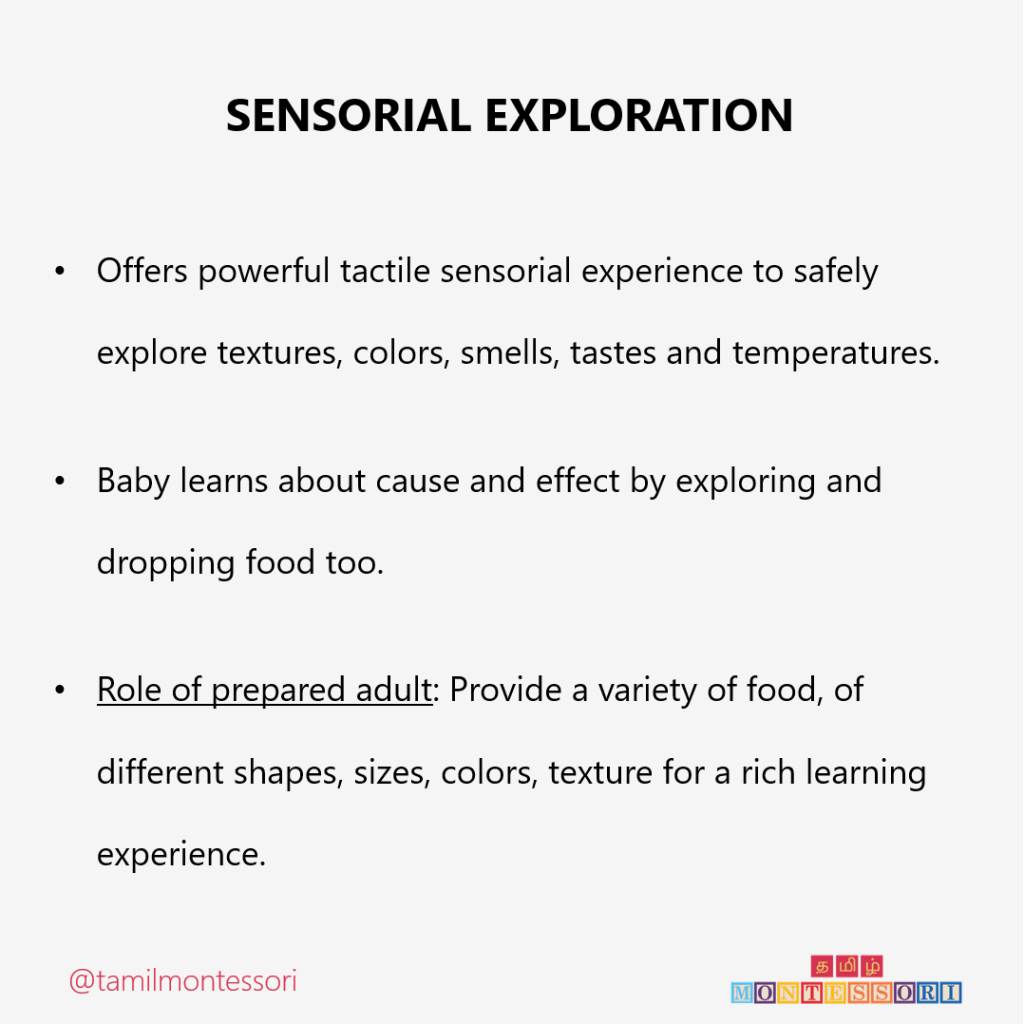
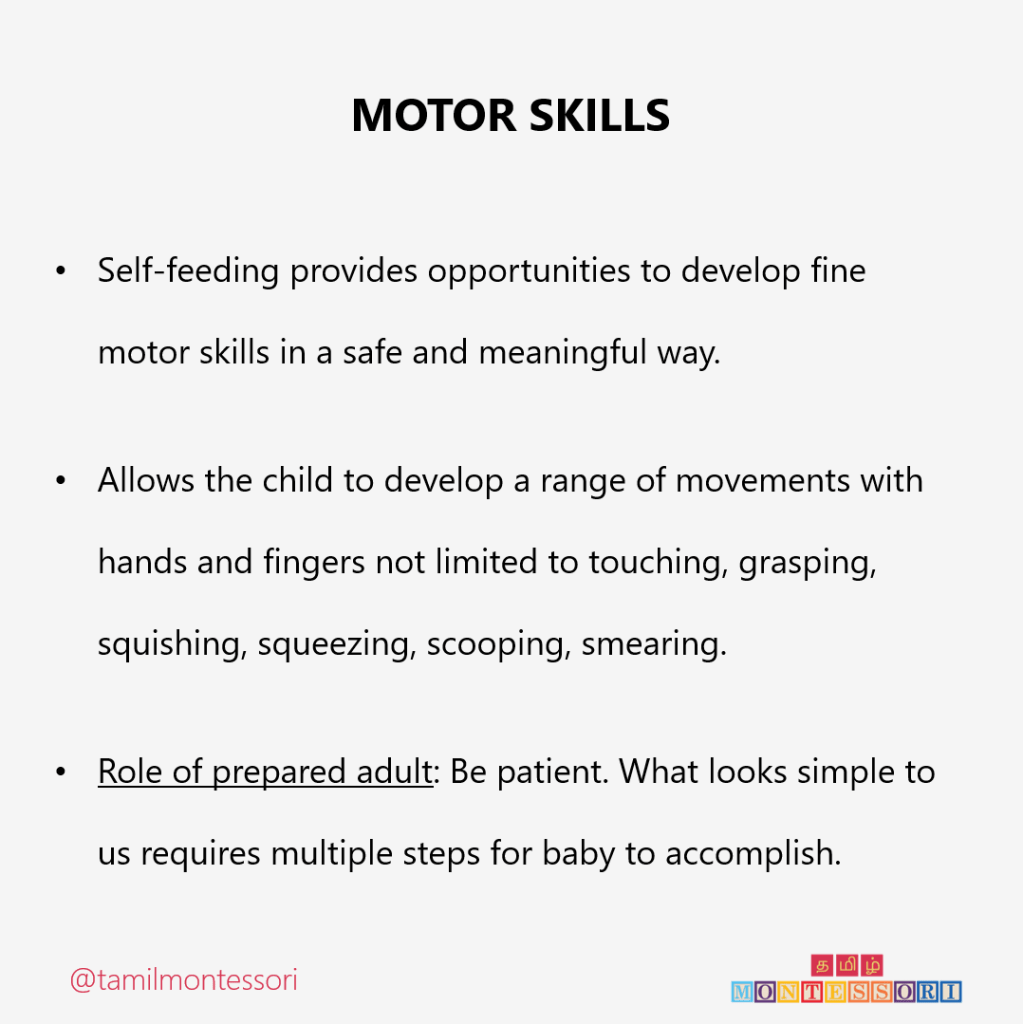

The rule of thumb when working with children is that things only gets better with repetition and staying consistent. Fostering a healthy and positive eating environment and practices are key in raising an independent eater.
In my next post, I’ll share about our approaches with baby-led feeding.



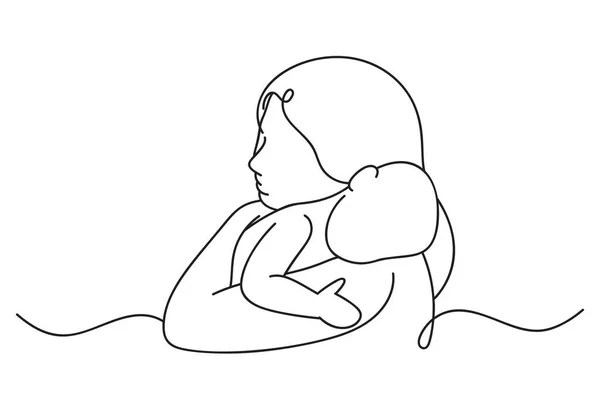

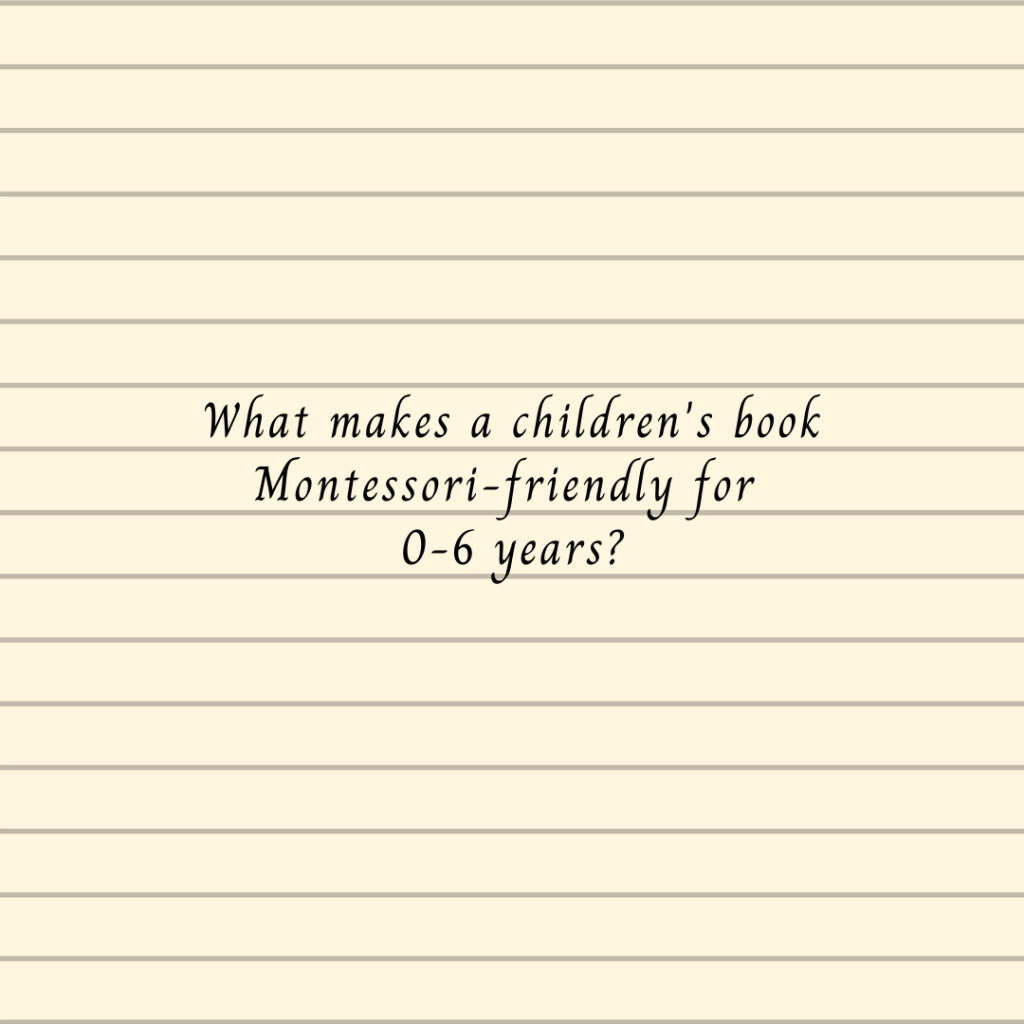
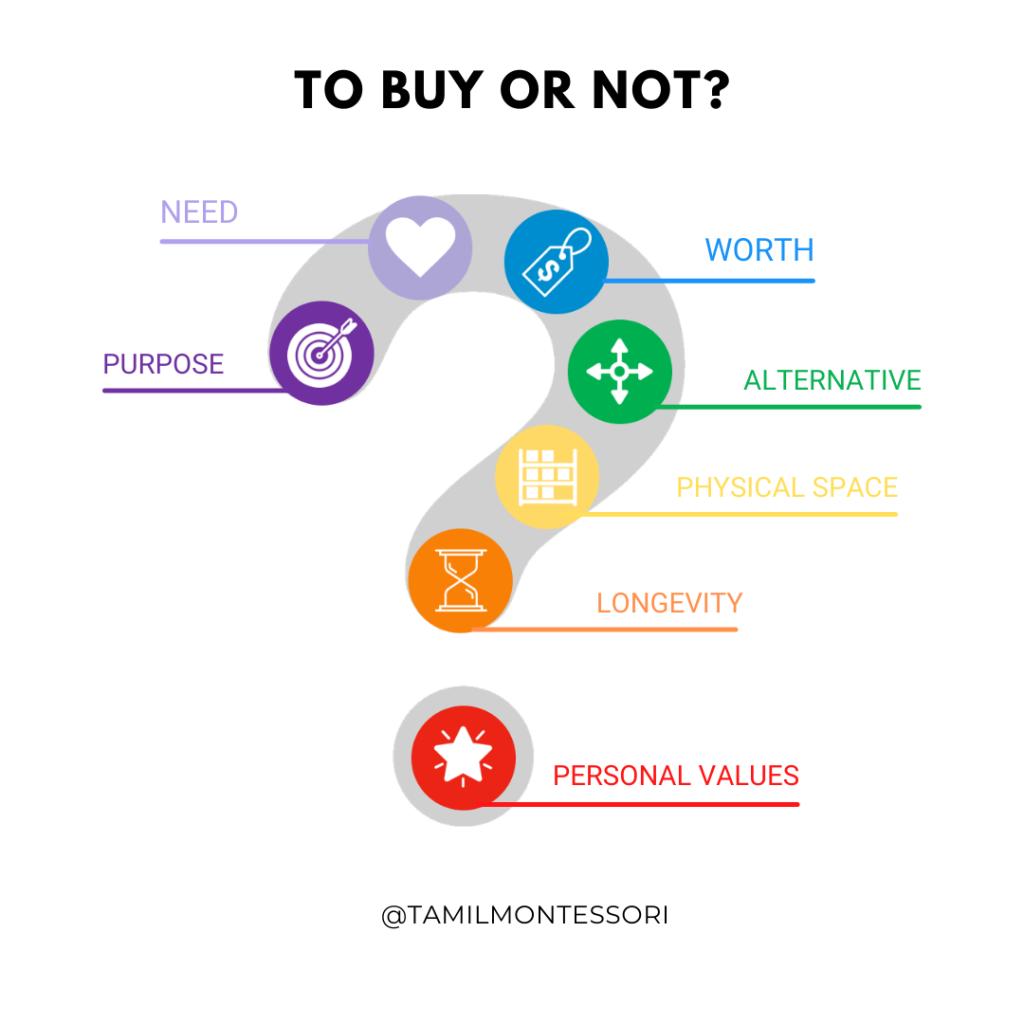
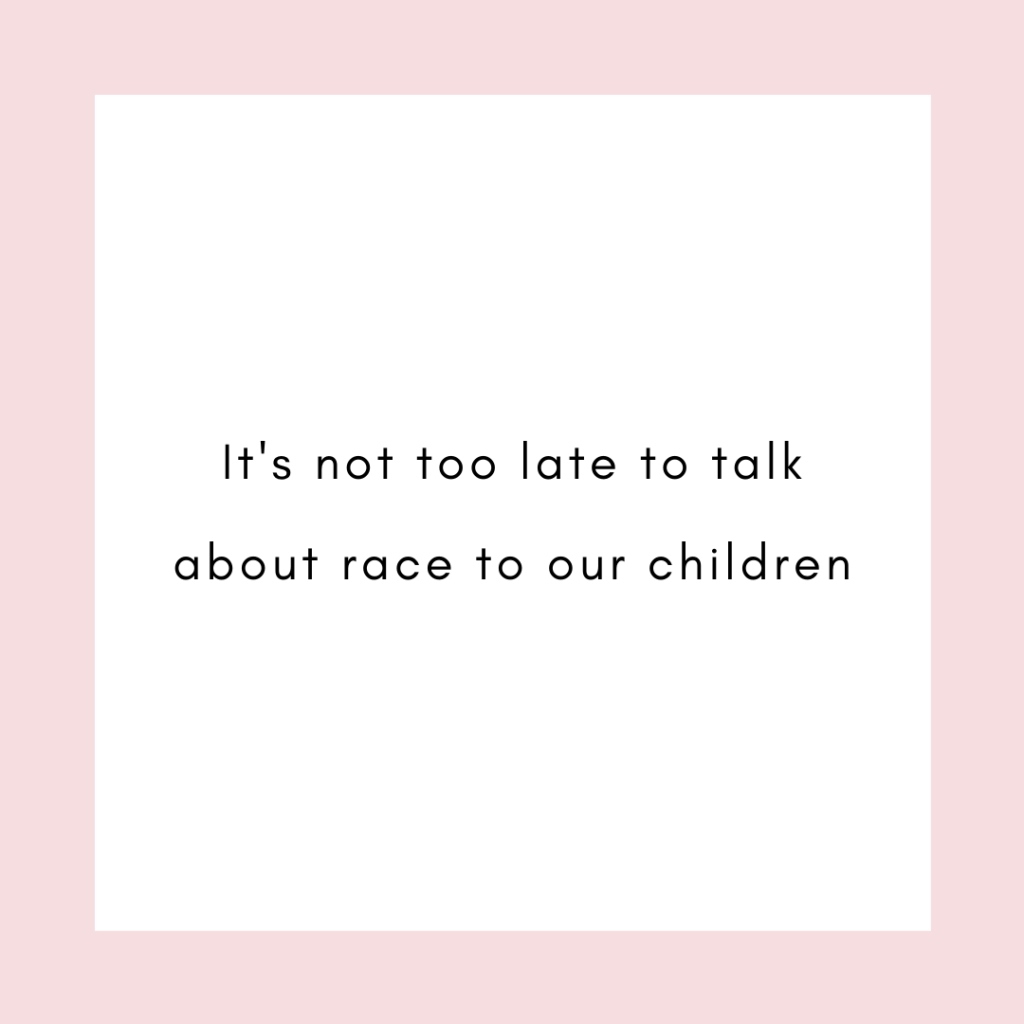

Leave a comment